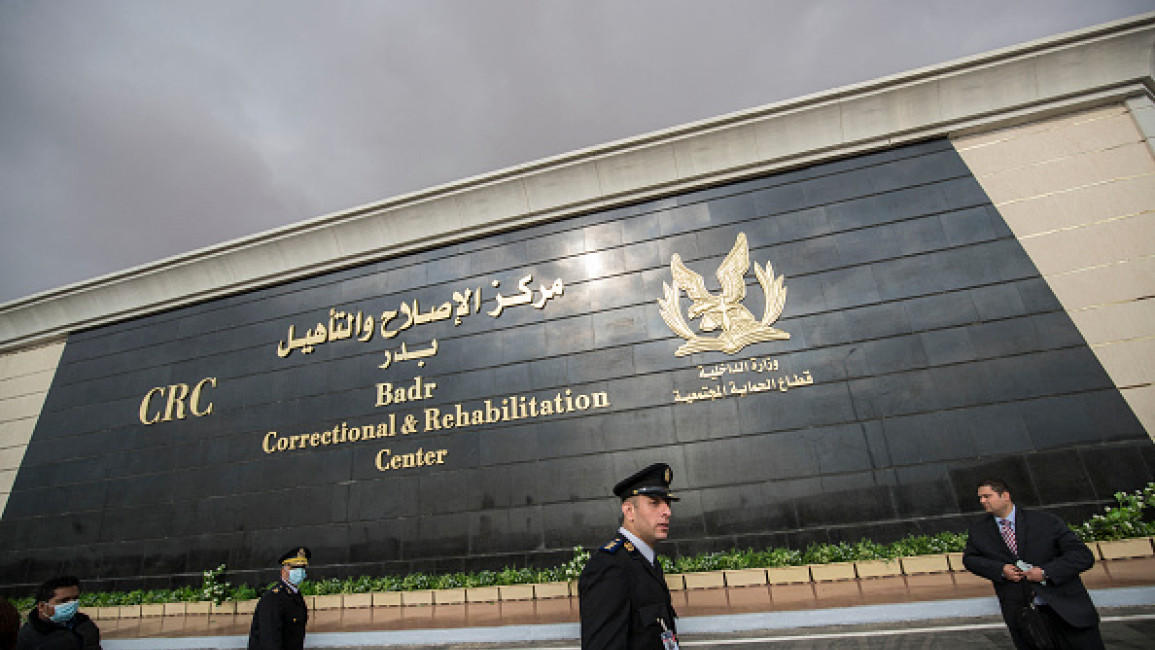'Inhuman conditions' in model new Egypt jail: Amnesty
One of Egypt's newest prisons, presented as a model by authorities, has only replicated "cruel and inhuman conditions" in facilities previously used to house political opponents, Amnesty International said Thursday.
Amnesty secretary general Agnes Callamard accused the Egyptian government of seeking to conceal the "awful reality" of its treatment of prisoners, including dissidents, as it prepares to host world leaders for the COP27 UN climate change conference next month.
"The Badr prison complex opened to great fanfare by the authorities, as if the new facility signified an improvement to Egypt's human rights record. Instead, prisoners are facing the same human rights violations that have repeatedly blighted older institutions," Callamard said.
Recorded violations - gathered from prisoners' relatives or lawyers - included lack of access to sufficient food, clothing and books, inadequate medical care, and bans on family visits.
According to the London-based watchdog, there has been at least one death since prisoners began being transferred to the new prison earlier this year. El-Sayed al-Sayfi, 61, died on October 5, within days of his transfer.
The Badr prison, some 70 kilometres (45 miles) east of Cairo, was opened in October last year along with the Wadi al-Natrun Reform and Rehabilitation Centre, where jailed Egyptian-British activist Alaa Abdel Fattah completed 200 days on hunger strike this week.
Egyptian officials insist the new facilities are a massive step forward. Critics charge they are an attempt to whitewash the government's treatment of its 60,000 political prisoners as the climate change conference puts it in the international spotlight.
"Ahead of COP27, Egypt's PR machine is operating on all cylinders to conceal the awful reality in the country's jails, where prisoners held for political reasons are languishing in horrific conditions," Callamard said.
"But no amount of PR can hide the country's abysmal human rights record that demands real reform from the government."
Cairo has faced frequent criticism of its human rights record since then military chief, now President Abdel Fattah al-Sisi ousted his Islamist predecessor Mohamed Morsi in 2013 and launched a crackdown that first targeted Islamists before widening to curtail all public space for dissent.
Advocacy groups say there are now about 60,000 political prisoners in Egypt, many of them held in brutal conditions and overcrowded cells.



